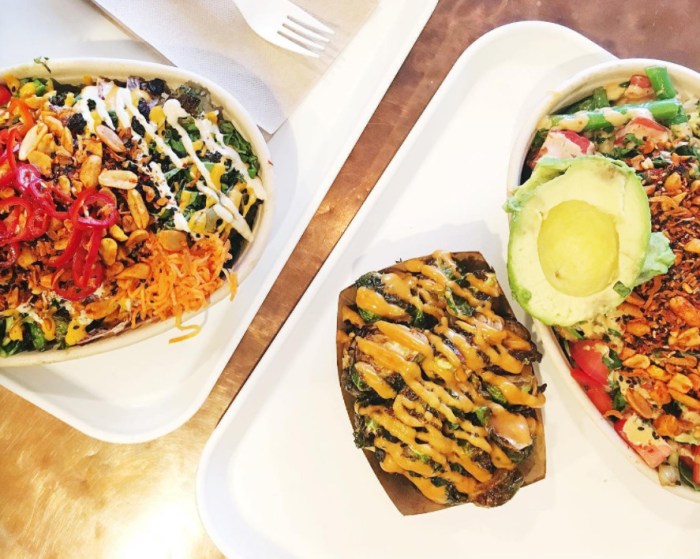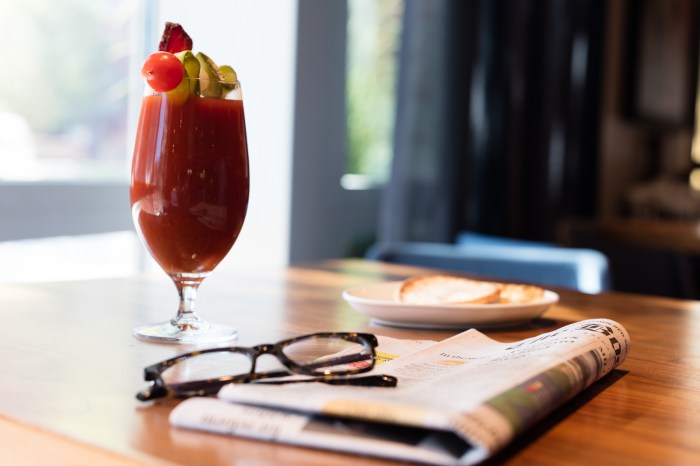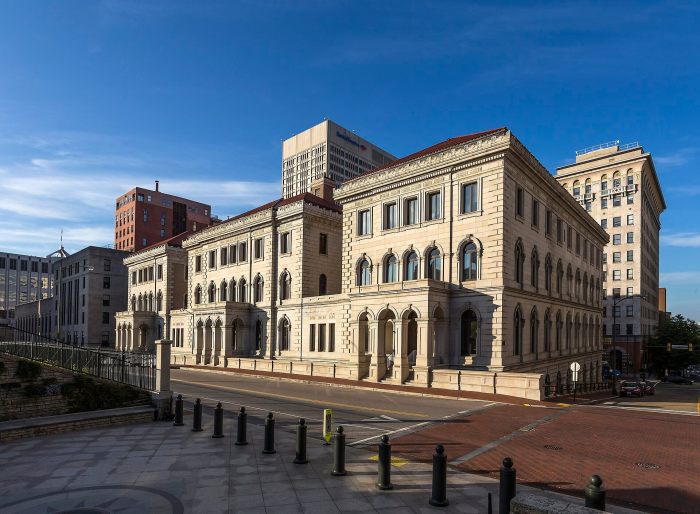Chef Jehangir Mehta’s 10-year-old East Village cubbyhole of a restaurant, Graffiti, serves the kind of cuisine that makes New York Magazine throw up its hands and call it “eclectic.” You’ll find much of the same carefree spirit in the food at Graffiti Earth, now open inside a casually intimate, living room-style dining room in the lobby of Tribeca’s Duane Street Hotel. There’s also a handsome cocktail lounge outside as you wait for one of the 20 seats, with drinks by Milos Zica of Employees Only and its own bar menu. RELATED: Don’t love veggie burgers? Try a blended burger But the restaurant’s name should be a clue that the focus is bigger than just the food and drinks. “Most people when they say ‘sustainable,’ they just stop at food, and we don’t want to stop at food,” Mehta says. He didn’t stop at much else, either. The environmentally conscious touches at the original Graffiti — scrap paper is stapled together to make the order pads, menus are artfully charred to hide stains so they can be reused — have expanded to importing cloth scraps from India to make napkins, cutting used bottles to make drinking glasses, and getting all of his cutlery and plates through donations from family and friends. RELATED: Tom Colicchio brings politics into the kitchen When it comes to the food, Mehta gets sustainably harvested fish, broken scallops (“there’s no market for them”) and oysters, as well as seaweed and kelp (“a lot of sea vegetables are underutilized”).TheGraffiti Burger will be served here, too, and has been a blended burger made with about 30 percent plant products since Mehta created it. “At Graffiti we didn’t make a big deal about having a vegetable-forward menu,” he says. “We just did it as my food. And over here, maybe we are just emphasizing it a little bit more.” In about six months, he’s hoping to source his vegetables from a public school-run hydroponic farm. Until then, he’s working with “ugly” fruits and vegetables that grocers reject, which he learned about throughPledge, the program he runs at the University of Massachusetts where many of these ideas were born in their work to create a zero-waste food station. RELATED: Pommes Frites lives again to serve Belgian fries with 36 sauces But there’s more at work even there — students who show they’d walked 2,000 steps by lunchtime eat for free; so do ones who agree not to use their cellphones. At Graffiti Earth,the art on the walls is by an woman who donates most of her profits to women’s education in India. The staff includes a disabled man, with an eye to bringing others onboard. This dual focus on the environment and wellbeing are all part of the better world that Mehta believes in, which emphasizes compassion and self-improvement (mental and physical): “We want to add layers to what we do and how we can be better in terms of people, in term of charity, in terms of what we personally can do on a day-to-day basis.”


















